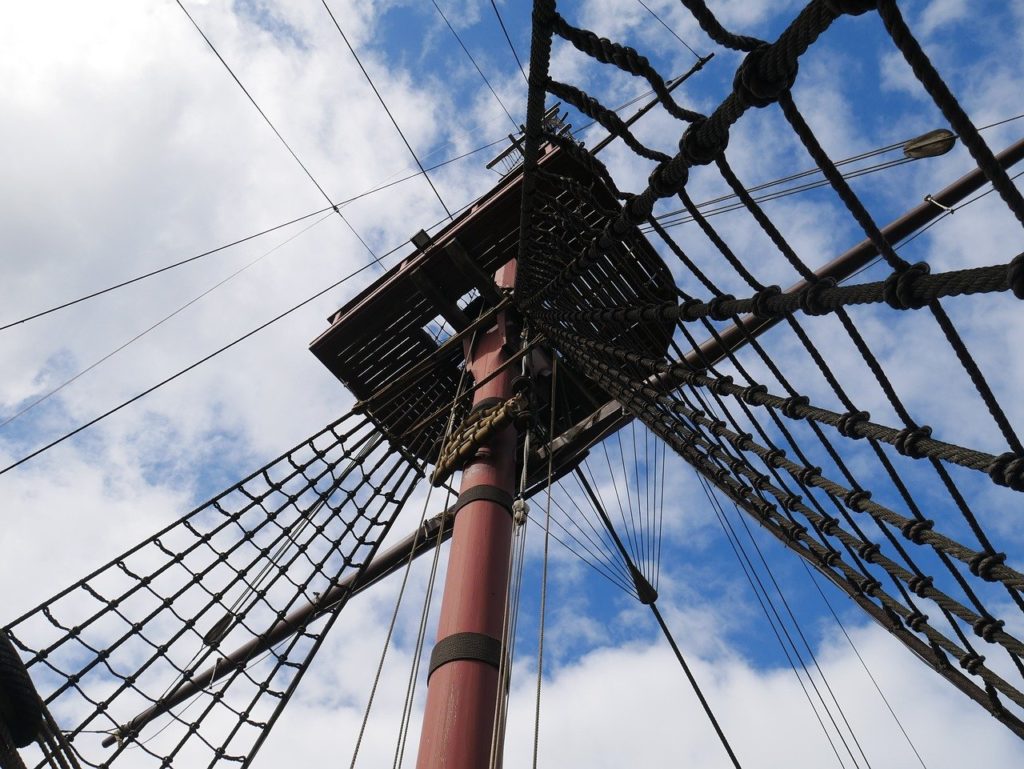Dutch Terms – How Drinking Makes Agreements Dutch Posted by Sten on Jan 21, 2022 in Culture, Dutch Language
That title might sound weird – what do agreements and drinking have in common? And how do the Dutch get involved? There are quite a number of English words where you can ask yourself that question. In this series on “Dutch”-terms, we explore these words and look at their history and how they got their mostly negative and odd meanings. Here’s why a Dutch Bargain and a Dutch Agreement are… Dutch. You can find more posts on these terms in our previous posts on Dutch terms.
What are Dutch Bargains and Dutch Agreements?
But before we get into the history of it – what even are a Dutch bargain and a Dutch agreement? Well, they’re both related to being drunk. A Dutch agreement is an agreement that was made while drunk. The Dutch bargain is one that is settled over drinks. Well, and Dutch Bargain is a local Dutch bierbrouwerij (beer brewery). However, the Cambridge Dictionary defines a Dutch bargain as “an agreement for a sale in which one of the people involved gets an advantage over the other person”. So that’s quite different! What this shows is that these terms are losing their relevance in English, and the meanings become murky and watered down. That’s probably not a bad thing, as using “Dutch” here, like with many other terms like these, isn’t meant in a positive way.
Where do these terms come from?
Both of these terms are rather obscure, so it’s not easy to find their exact origin. However, it is very likely that these terms, like a good number of others, came from the 17th century when the English and Dutch naval powers were butting heads on several occasions during the Anglo-Dutch Wars. The stereotype of the Dutch being bad-mannered drinkers already existed at the time on the British Isles, but of course, a war intensifies it.
Dutch, therefore, is used as an adjective that adds a negative connotation to the noun – Dutch courage, Dutch uncle and many others. The unlikable traits attributed to the Dutch and the tendency to drink a lot are reflected also in the terms Dutch bargain and Dutch agreement.
A Dutch bargain implies that one of the parties gets taken advantage of. That’s a nefarious trait given to the wrongdoer – that person made the deal Dutch, giving you the freedom to attach whatever negative connotations you want with that kind of behavior.
For the Dutch agreement, we have a similar situation. In most countries these days, you can question the legality of an agreement made while drunk. You’re legally incapacitated. So an agreement made in such circumstances might have a similar problem as the Dutch bargain – if you had all the information or were able to grasp it all, you probably would not have agreed. And that’s where the Dutch bargain and agreement meet – you got duped in both cases!
Like I said before, these terms are losing their popularity, especially since we have many other terms for these sorts of situations, like some I’ve used in this post. But have you heard these two terms in the wild, or have you used them? What do you think about using these terms in today’s world? Let me know in the comments below!

Build vocabulary, practice pronunciation, and more with Transparent Language Online. Available anytime, anywhere, on any device.





